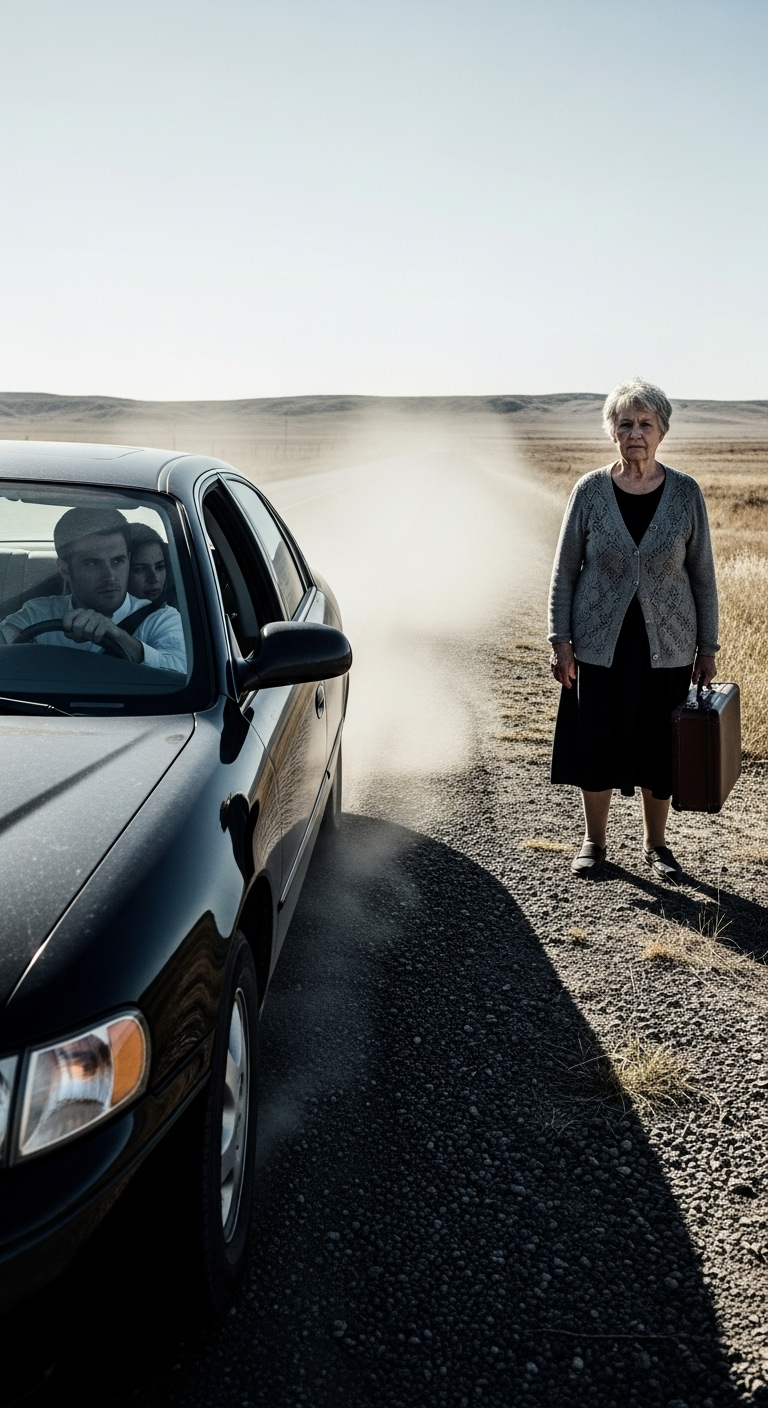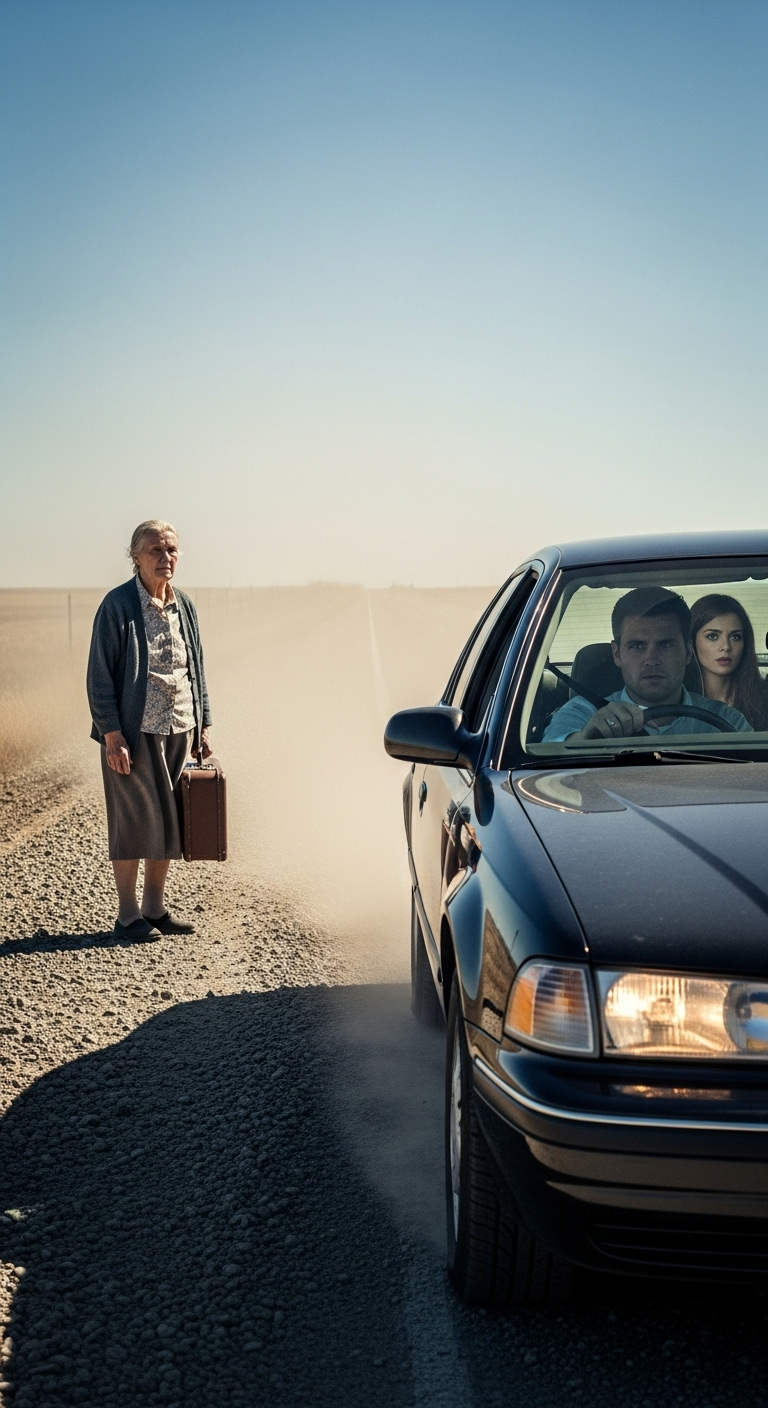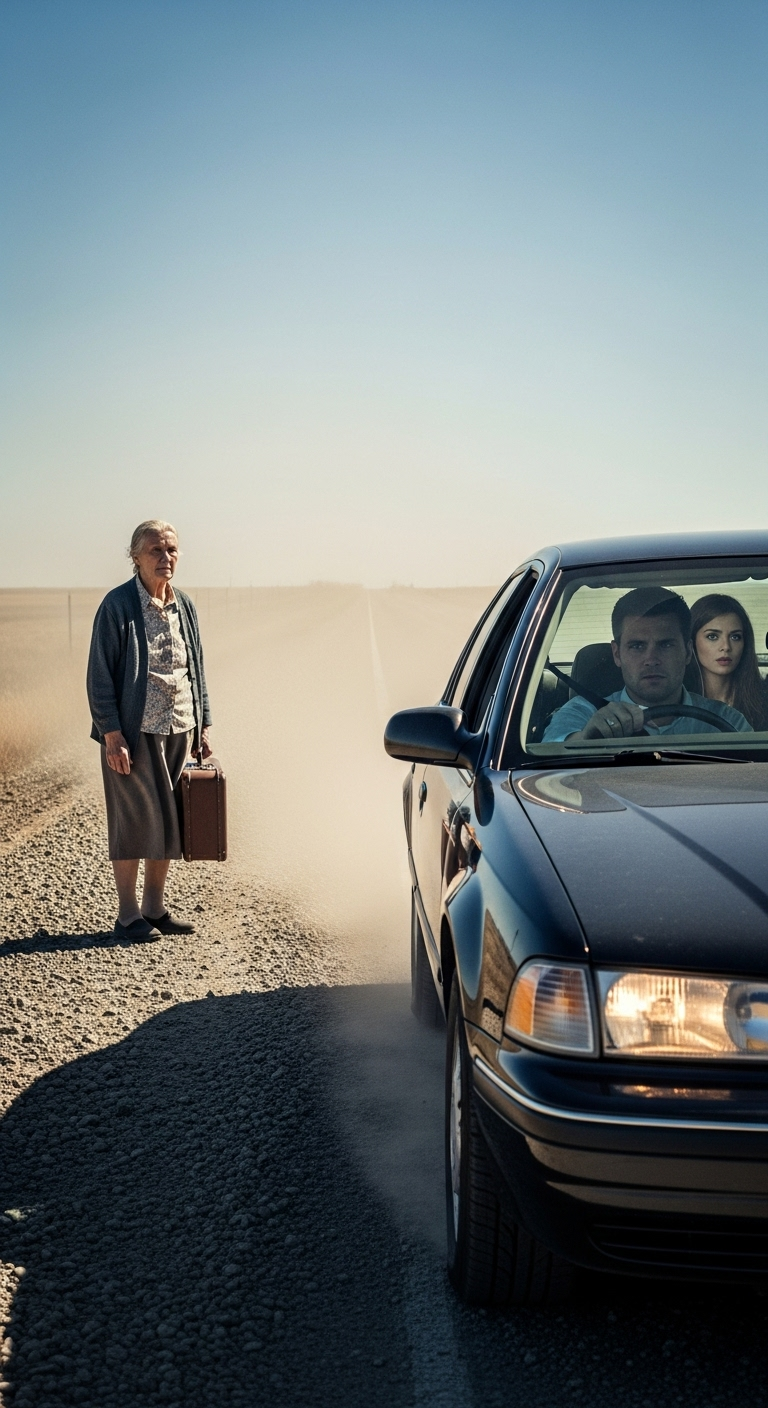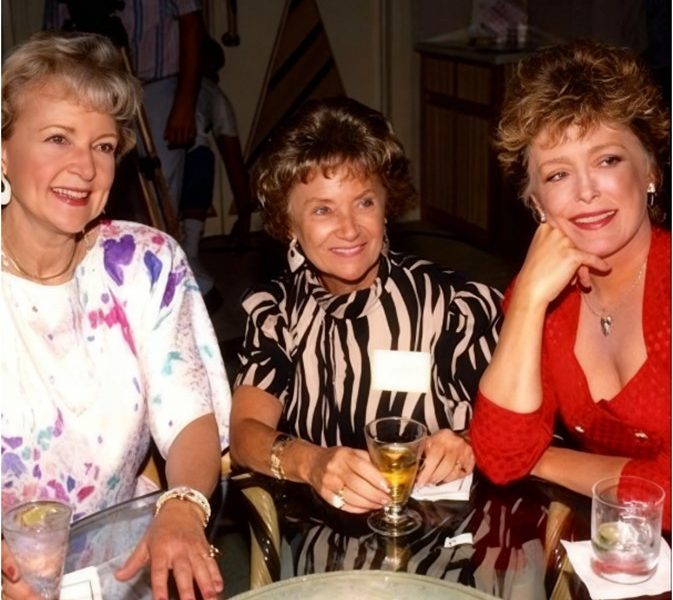My name is Eleanor Grace Whitmore. I’m sixty-eight years old. For nearly five decades, I was a wife, a mother, and the quiet heart of Hazelbrook Orchards, a small organic apple farm nestled in the rolling hills of Pennsylvania. My hands, though stiff with arthritis, still remember every step of turning dough into sourdough loaves and pruning trees at dawn with Richard, my husband.

Three weeks ago, I buried him.
Richard and I had been married since 1981. We built everything together—this orchard, this home, this family. And yet, the morning after his funeral, I realized that I might not have built what I thought I had. Or maybe it just wasn’t enough to hold on to my children.
Richard died of pancreatic cancer, a fourteen-month ordeal of watching a man of the earth waste away. “Let them live their lives a little longer without the shadow,” he had whispered to me one night, his voice thick with morphine, asking me not to tell the kids. Because I loved him, I agreed. But in truth, I already knew. Our children, Darren and Samantha, had grown distant long before the diagnosis.
Darren, the eldest, had carved out a fast-paced career in Boston’s financial world. Samantha floated from one failed wellness business to another, always funded by Richard’s savings. I had hoped that grief would bring them back to us, but when they arrived for the funeral, I didn’t see children mourning their father. I saw professionals calculating an estate.
The morning after the funeral, they came downstairs dressed sharply, looking like they were heading to a business meeting.
“Mom,” Darren began, “we’ve been talking. We think it’s time to start settling things. The estate, the business, the house.”
“It’s practical,” he continued. “You can’t run the orchard alone. And the house… it’s too much for someone your age.”
My age. The words sat heavy in the room. I had pruned those trees beside Richard through blizzards and heat waves. I had handled payroll, baked pies, driven tractors.
“We want you to be comfortable,” Samantha added, her voice smooth like a sales pitch. “There’s a wonderful retirement community two hours south, Sunnyvale Estates. Activities, friends your age.”
Then Darren pulled out a folder. “Dad spoke to me about this last year,” he said, sliding a set of documents toward me. “He wanted Melissa and me to take over.”
I looked at the paper. It was printed on Darren’s corporate letterhead. Richard’s signature was steady, too perfect. He hadn’t written that clearly in months. “This isn’t from our family lawyer,” I said.
“He was lucid when he signed it,” Darren insisted.
“There’s a developer interested,” Samantha said quickly. “Seven million for the land. We’d be set. You’d be cared for.”

A developer. They wanted to sell the orchard. Level it. Replace a lifetime of harvests with concrete and cul-de-sacs. “You’re talking about selling your father’s life’s work,” I said quietly.
“Mom, be reasonable,” Darren said. “The orchard can’t last forever.”
I felt something rise in me, a slow-burning fury. I looked at both of them, my children, and said with calm steadiness, “Show me the will.”
Darren hesitated, then pushed the papers forward again. I didn’t touch them. “I’m going to bed,” I said. “We’ll talk tomorrow.” But deep down, I already knew. They weren’t grieving. They were executing a plan.


